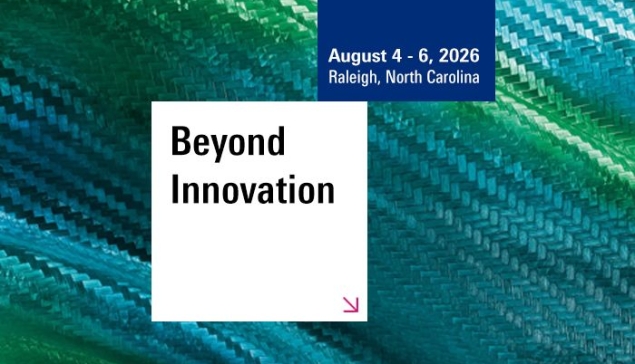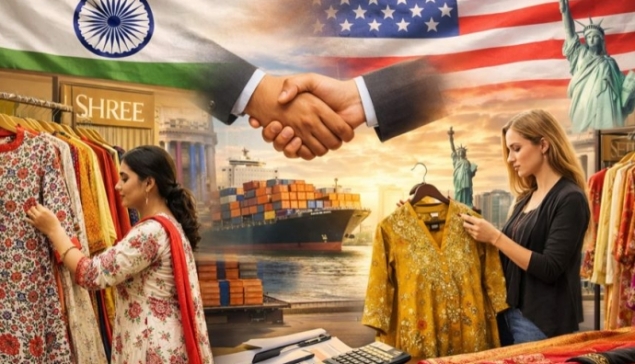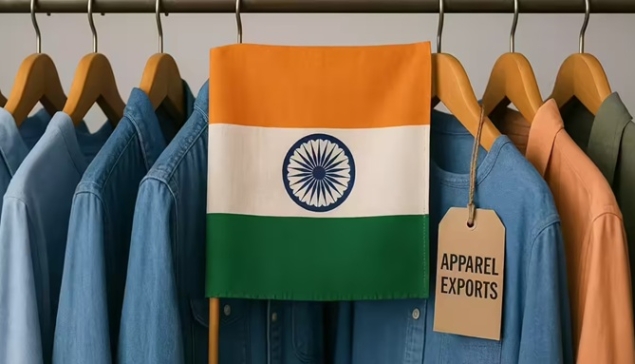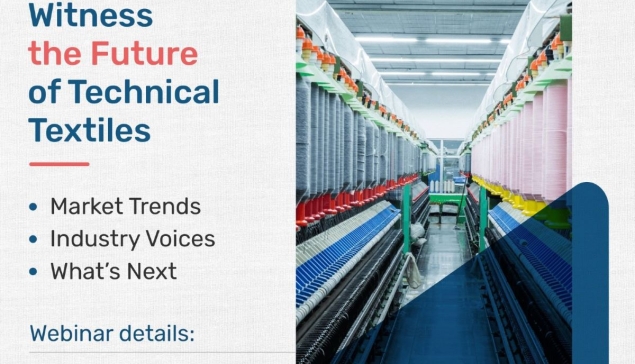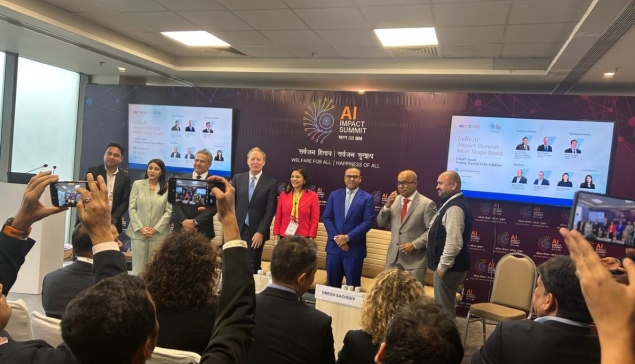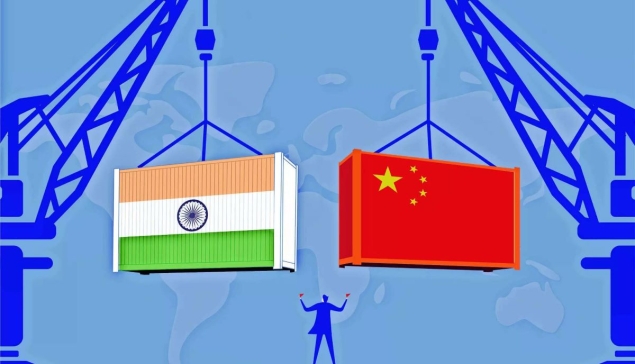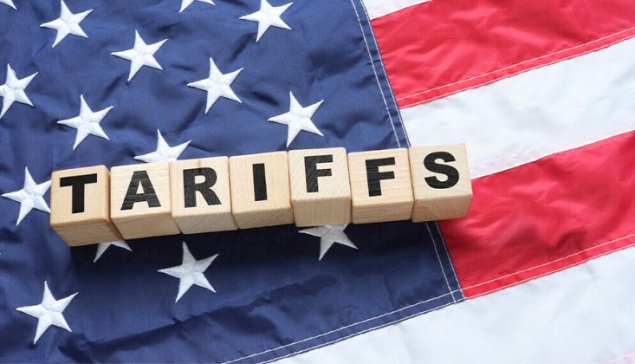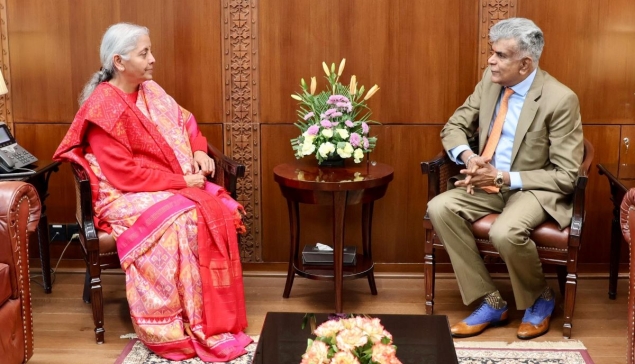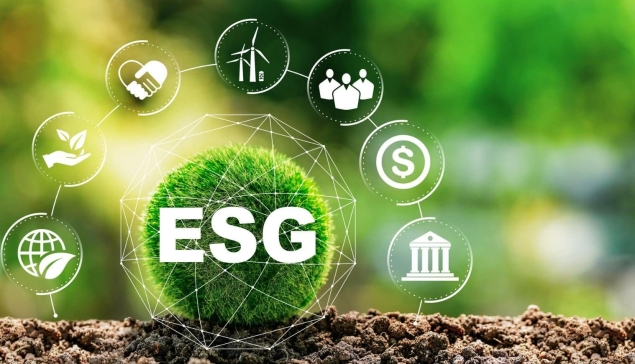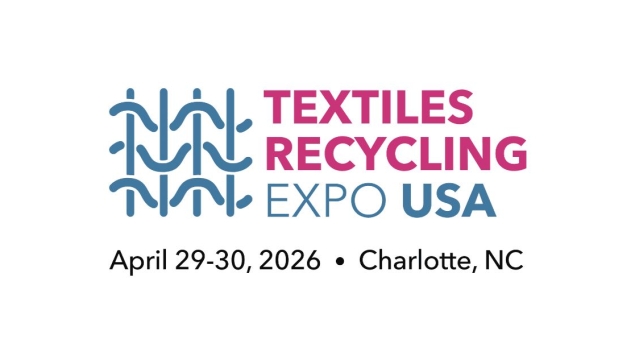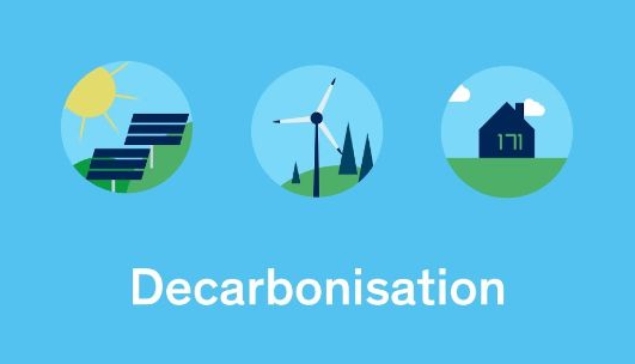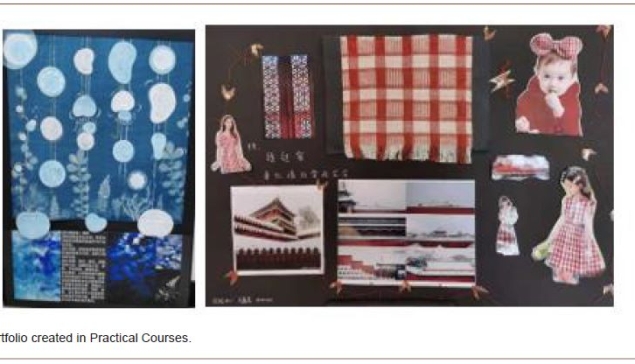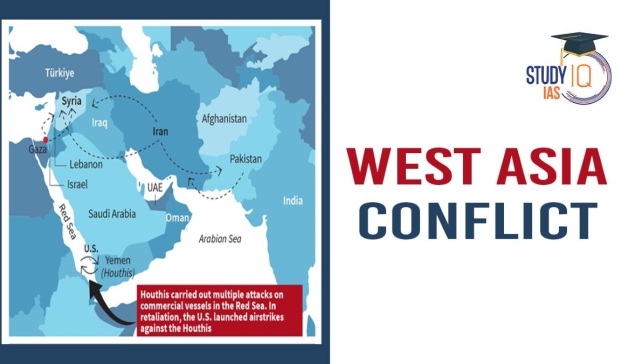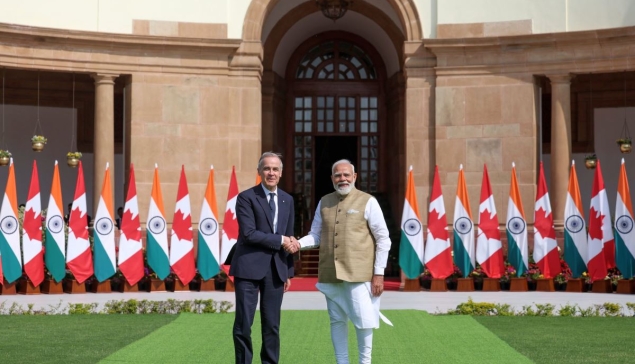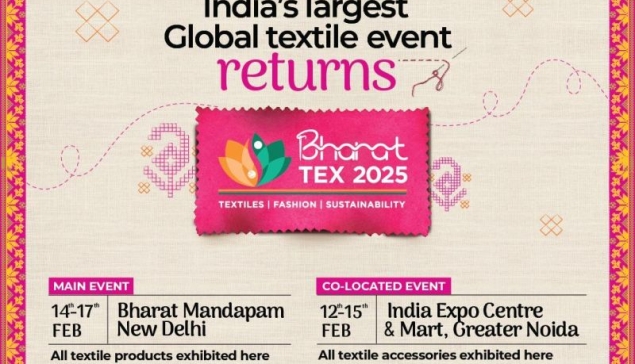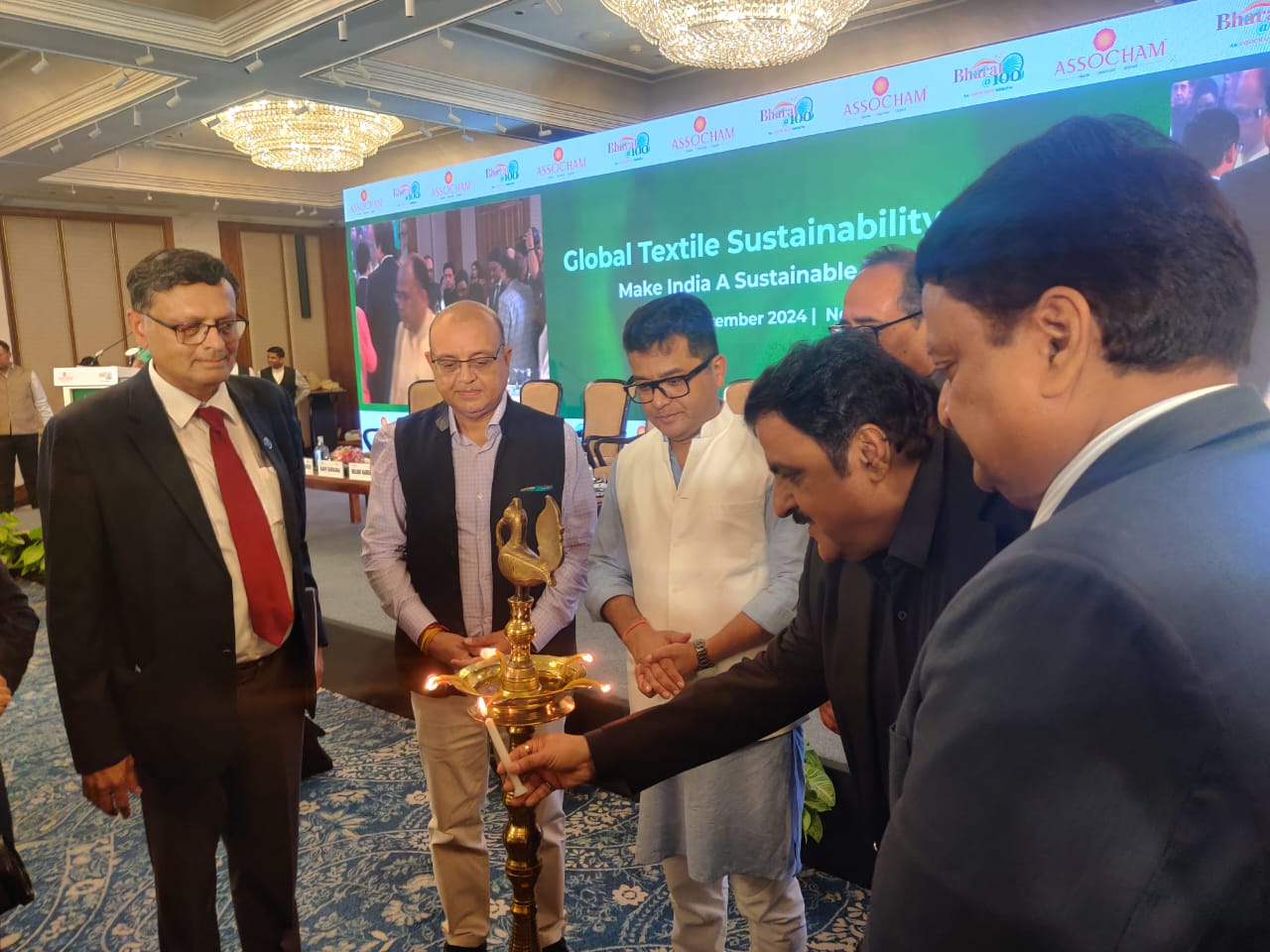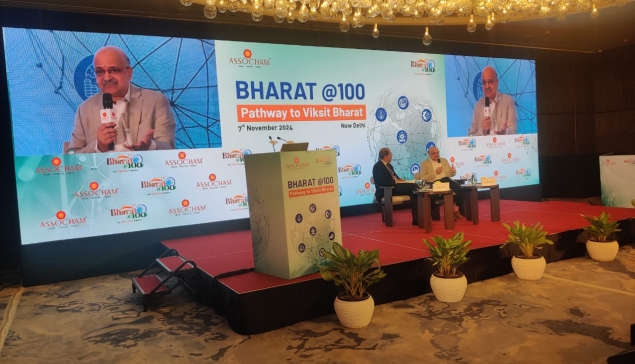The Inaugural Session featured distinguished guests, including Giriraj Singh, Hon'ble Minister of Textiles, and Smt. Rachna Shah, Secretary of Textiles, alongside prominent industry leaders such as M S Dadu, Milind Hardikar, Ajay Sardana, and Raj Tanna.
Join our group
Here is a quick excerpts from the speakers present at this event during the course of it:
Pabitra Margherita, Union Minister of State, Govt of India alluded," Basically, I have come here just to listen to the leaders of the textile industry. I am not an expert in commenting the sustainability in such a manner that I have evaluated and discussed and given suggestions, we have noted it down.
On behalf of our government, my colleague, Rohitji, has already reiterated the important points in the role of our government in sustainability of our textile industry. Sustainability is now an important factor in all the spectrum, all the spheres of all the industries.
And many of you may know it, that I'm associated, I'm working serving in the Ministry of External Affairs also. So whenever I get the opportunity to interact with other business houses abroad also, these days the prime word is sustainability.
That is why I commend ASSOCHAM for organizing this summit focused on sustainability. Our commitment goes beyond short-term goals; it is not only about fostering growth but ensuring that this growth is aligned with social responsibility and promotes inclusivity without conflict."
Rohit Kansal, Additional Secretary to the Government of India in the Ministry of Textiles delivered a very inspirational speech citing textile industry of India as one of the hot spots in terms of sustainability. For example, if you see that a 100, 500 billion dollar value is lost every year due to clothing that is quote unquote, barely worn and rarely recycled, textile waste is the third largest contributor to municipal solid waste and half of the potential recovery, less than half of the potential recovery happens only through informal exchanges.
So when you look at the problems that lack of sustainability in the textile value chain poses to us and you look at the business case that textile sustainability presents to us and you look at the trend which is in sustainability globally for the next decade, I think the case for sustainability becomes very clear.
So given that all this is happening in sustainability, what are we doing about it? I spoke a short while ago about how sustainability is in our blood. But I have numerous instances of how the government, the policy makers and the textile industry is walking the top of sustainability.
All the speakers of this forum made a very good case about how large corporates are doing a lot of sustainability and in fact large corporates would rank with the best anywhere in the world when it comes to sustainability, whether it is this company like well spun, whether it is reliance, whether it is A, B, F, R, L.
But I think if you want to look at sustainability, you need to look at some of the smaller clusters. Tirupur for instance is one of the most sustainable hubs in the country. If you look at Surat, the kind of work that it is doing in water recycling, in water efficiency, in use of municipal water.
If you look at Panipat, which is a recycling hub. If you look at a small town like Samana, which is a recycling hub. If you look at a small company like Ushayas, which is doing such a lot of work on sustainability.
If you look at the number of women who are engaged in recycling, I think the list could go on and on. On the policy side, we have of course the requirement of 1 ,000 companies, the top 1 ,000 companies to transparently mention their sustainability practices.
And the host of other things, our commitments in COP26, for example, the honorable Prime Minister's mission life, for example, the country as a whole, being the largest recycling in terms of bottles.
So the list could go on and on and on. And I dare say, and I keep on saying in the EST group, which I had in the Ministry of Textiles, that if our clusters were simply to learn from each other, if Surat could do what Theopur is doing or if Bhivanti could do what itself the energy is doing, or if some of the clusters would just exchange knowledge from each other as an ecosystem, as a textile ecosystem,
I think we would have moved far ahead on the sustainability platform. And if our MSMEs would pick up what larger corporates are doing, we would even have more, much farther. But the more important thing is, how do we go from here?
How do we move ahead in a far more structured manner? I think all of you are aware that in COP24, the fashion industry charter was launched. And the fashion industry charter, which was launched in COP24, looked at eight important elements.

